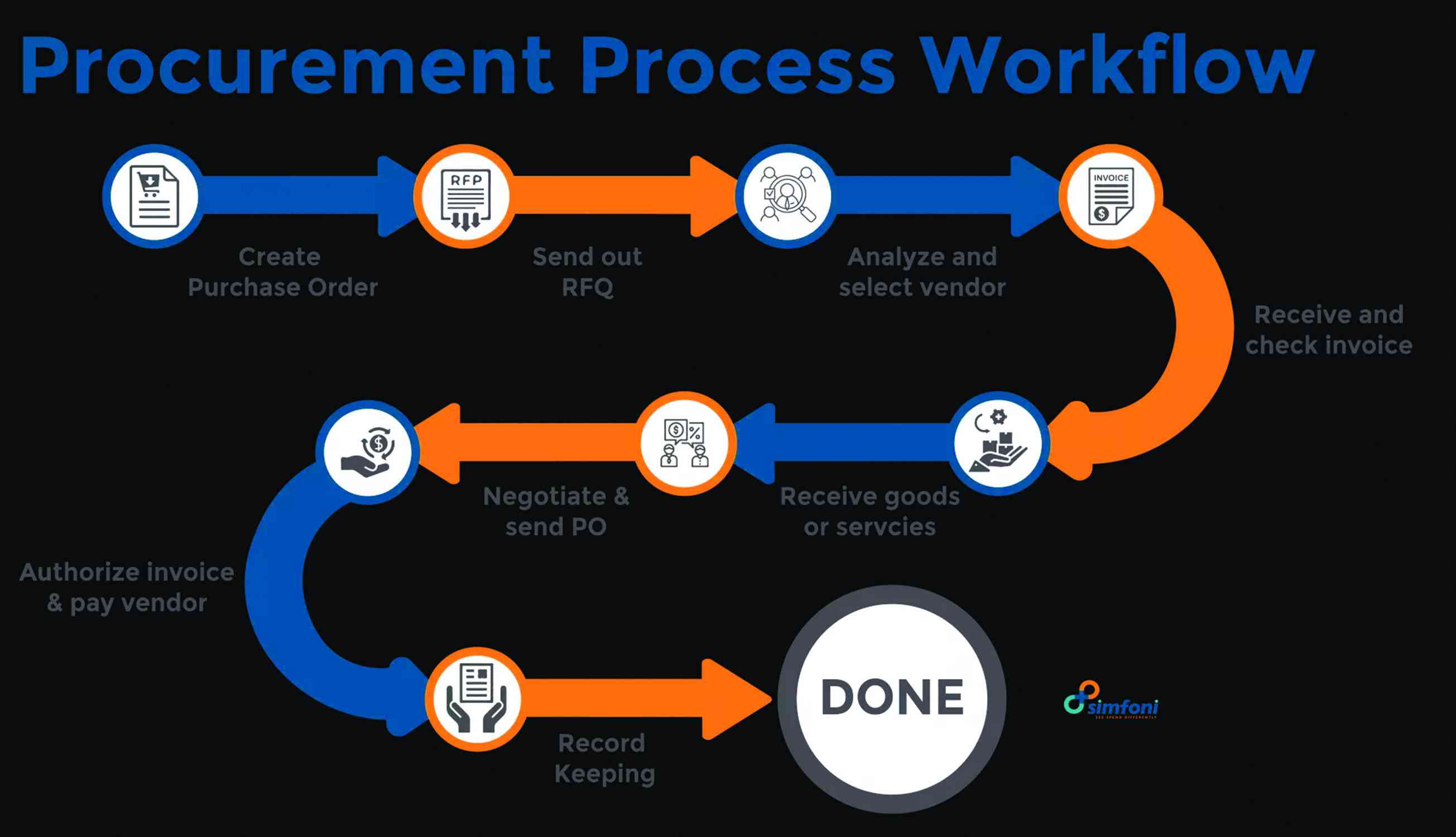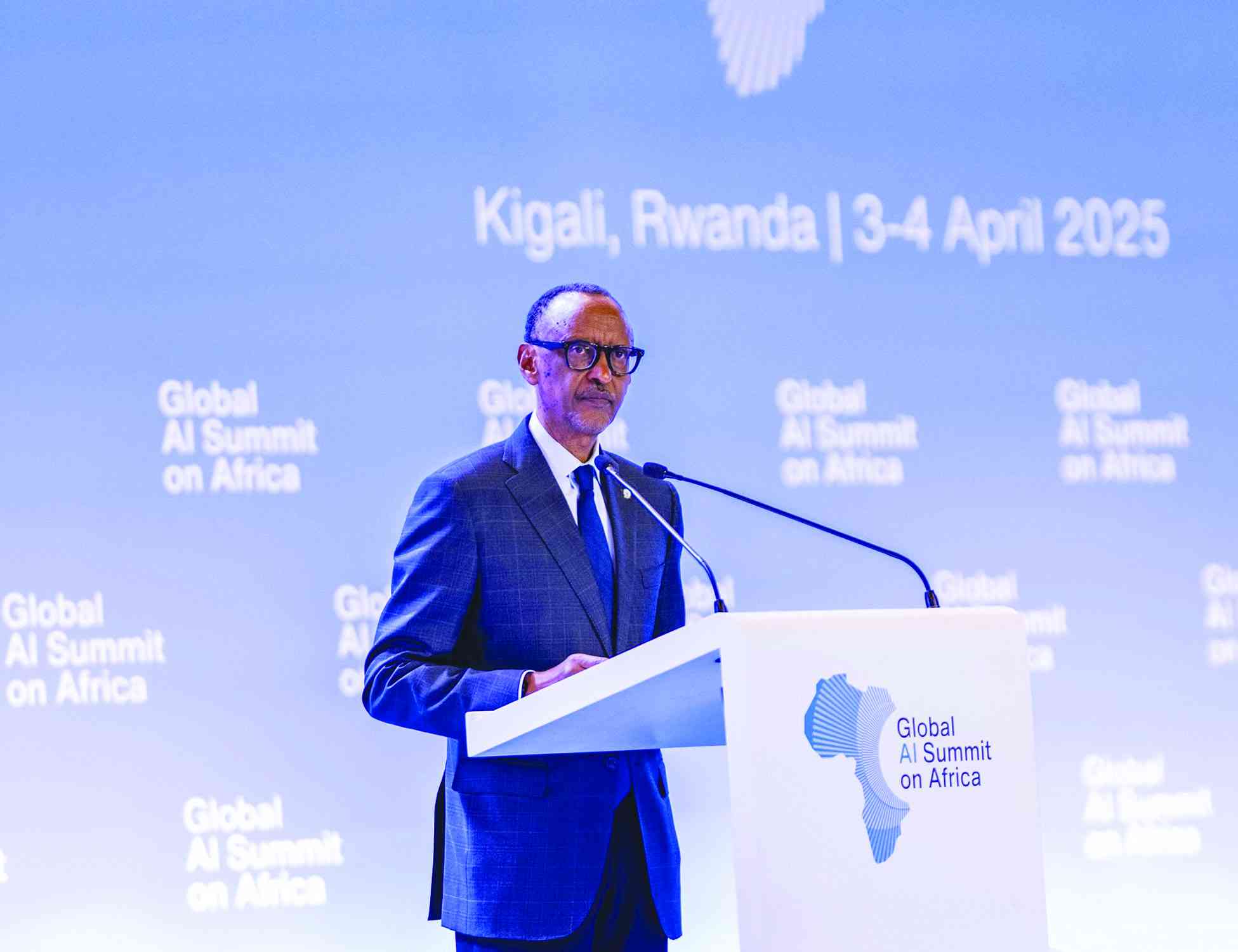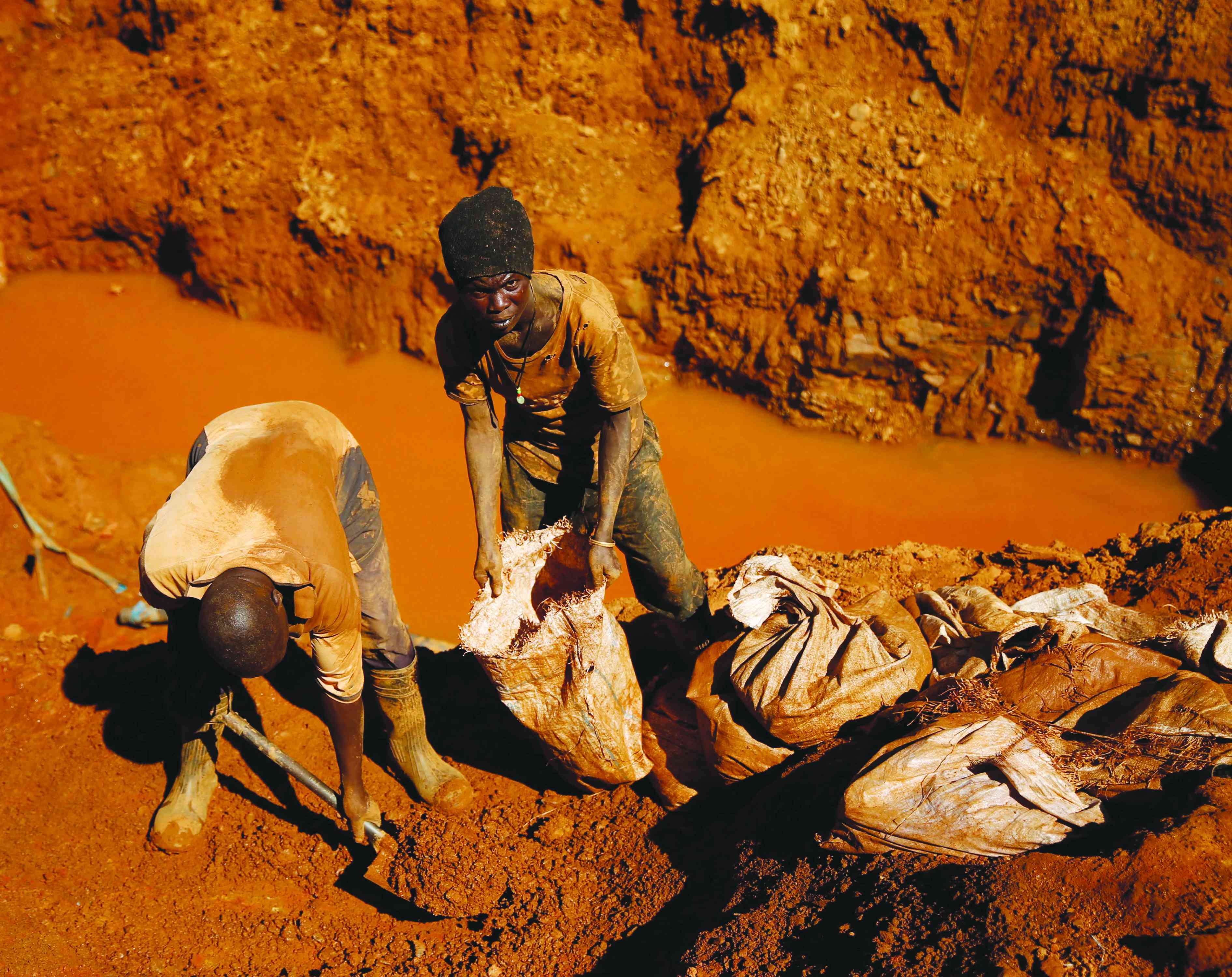
THE shocking revelations of corruption within Harare’s municipal leadership, carried in an article in this edition, are both infuriating and heart-breaking. Simply shocking!
Recent disclosures, exposed in an audio recording, reveal that millions of dollars have been shamelessly plundered from public coffers since 2019.
This discovery comes on the heels of earlier reports that US$200 million had allegedly disappeared, siphoned off to fund everything from city council elections to the extravagant lifestyles of corrupt officials.
At the heart of this crisis is the abandonment of Harare’s digital billing system in favour of manual processes, a move that has exposed billions of dollars to systematic looting.
The city has been operating without a proper billing system since 2019, leaving its financial operations in chaos. This failure, highlighted in a parliamentary report and an investigation by the Auditor General’s Office, has not only facilitated corruption but has also crippled the city’s ability to provide basic services.
The procurement of a new Enterprise Resource Planning (ERP) system, which could have restored some order, has been ensnared in controversy.
The Procurement Authority of Zimbabwe (Praz) has struggled to rein in the rampant corruption, while city officials have dragged their feet, more interested in securing kickbacks than in addressing the crisis.
Despite recommendations to reinstate the previous system, which could have recovered some of the stolen millions, the city’s leadership has ignored these calls, driven by greed and self-interest.
- Editor’s Memo: Sad tale of Harare plunder, neglect
Keep Reading
The rot within Harare’s administration runs deep. Leaked records of a secret meeting between Mayor Jacob Mafume and Praz officials expose how city bosses have become millionaires by exploiting the system.
These officials have manipulated tenders, blocked the procurement of the ERP system, and even attempted to funnel US$1,5 million to a company with no contract to supply the city — an audacious move that epitomises the corruption that has taken hold.
Meanwhile, the consequences of this corruption are felt daily by Harare’s residents, who must endure poor service delivery and the decay of their city.
Streets are littered with garbage, water services are erratic, and potholes have turned roads into death traps. But thanks to the government’s Emergency Road Rehabilitation Programme, major roads into and around the capital city have been rehabilitated. Street lights on some major roads and in the central business district have been restored.
However, most traffic lights no longer work, and the once-proud city has descended into chaos. The city’s administration, paralysed by corruption and incompetence, has left residents to fend for themselves.
The Harare City Council, long accused of corruption and poor management, has done little to regain the trust of its residents. The arrests of officials on corruption charges have done nothing to change the public perception that the council is rotten to the core.
Damning audit reports gather dust, ignored by those in power, while the city’s finances spiral further out of control.
The central government, for its part, continues to shift blame onto the opposition-led councils, accusing them of incompetence. Yet, the government’s own interference and lack of support have contributed to the dysfunction.
Harare’s financial woes are compounded by a lack of accountability at all levels of government. Nobody seems willing to take responsibility for the city’s decline, and the residents are left to suffer the consequences.
The city’s administration must take immediate and decisive action to restore order. The procurement of a functional ERP system should be a priority, not just to stop the looting but to ensure that residents receive the services they pay for.
The Auditor General’s recommendations must be heeded, and those responsible for the city’s financial collapse must be held accountable.
There is also a need for innovation in how the city is managed. Outsourcing services, improving financial management, and fostering better communication between the central government and local councils are essential steps.
Harare, once the jewel of Zimbabwe, cannot continue on this path of decline. Restoring the city’s past glory requires a master plan — one that prioritises the needs of its residents over the greed of its officials.
Harare’s residents deserve better. They deserve a city that works for them, not against them. It is time for both the local and central governments to deliver on their promises and reclaim Harare from the clutches of corruption.











